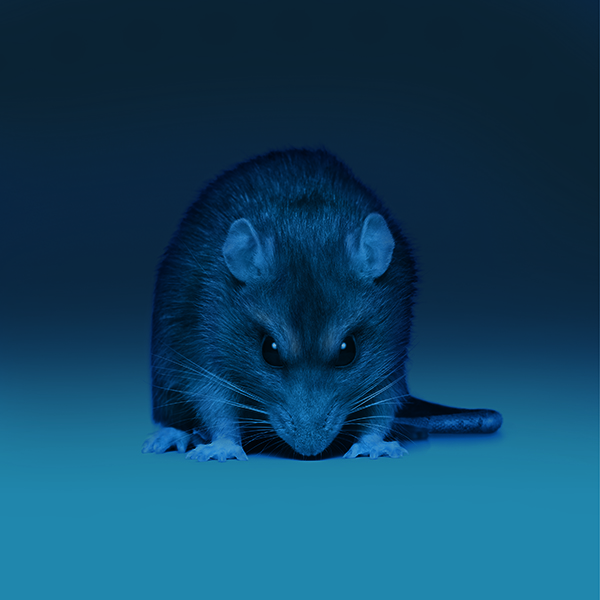“Simply put, the Food Safety Modernization Act (FSMA) means that it’s no longer acceptable to have a reactive food safety policy. There is a new emphasis on proactive measures to safeguard public health.
That said, whether your pest control is managed in-house, or you hire a professional pest management company, odds are “service” is focused on the rote practice of trap checking, which is neither cost-effective, nor does it provide the holistic IPM strategy that focuses on proactive inspections that ensure FSMA compliance.
You should be challenging your service provider, holding them to the standard of this new obligation. To understand the state of the industry and what food managers need to be considering when it comes to rodents, I contacted Richard Kammerling, founder of RK Pest Management Services, whose half-century of experience gives him a unique vantage on the hallmarks of an expertly managed food safety program – past, present and future.
Joe Barile: How would you characterize the current state of the industry?
Richard Kammerling: The food industry has a problem where they sometimes assume everything is fine even when it’s not. And sometimes they’re not willing to pay the price to make sure their program is working properly until they have a real problem. One of the biggest problems in the food industry is they underestimate the time that is needed to properly perform a pest management program. The food industry tends to be reactive rather than proactive. If they’re not given the information to know a condition could be or is an issue, then they don’t address it as such.
Barile: So, what should food managers be requiring from service providers?
Kammerling: Service providers should be acting as diagnosticians. Say, through trap-checking, we found one mouse in a trap. Is it only one mouse? Or is it an infestation? What are the conditions that caused it? Most of the pest control industry is going around the perimeters, but they’re not doing the entire scope of the food warehouse.
If you can find a pest-vulnerable condition and eliminate it, that’s the key to an effective IPM program. Collecting data can help you find some of these conditions, but analysis of that data and inspections are key to a pest management program – and that’s what food safety managers should be demanding of their pest managers, internal or external. Most pest control today is based on trap checking and does not leave enough time for inspections or data analysis….”
Read the full interview, “Industry Insights, The Future of Rodent Control“.




Great article and interview about moving IPM into the digital age. Pest related problems are visible, tangible issues that lead to noncompliance, closures, recalls and brand damage. FSQA professionals need the tools to be proactive in protecting food and being in a position to react immediately to problems that come up. Electronic rodent monitoring systems provide real time, instantaneous alerts to rodent captures.